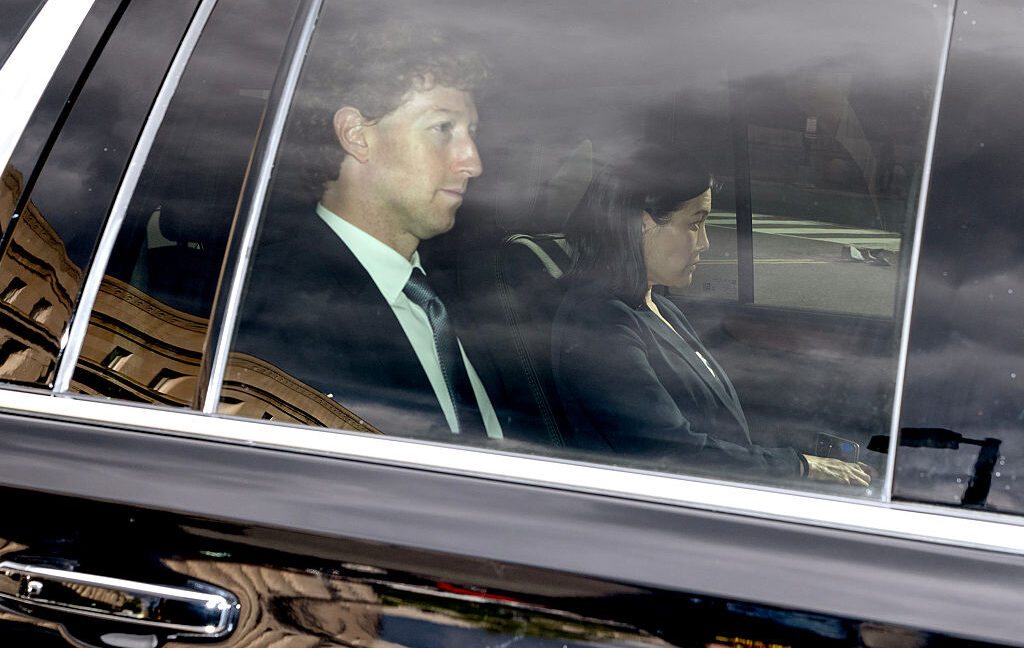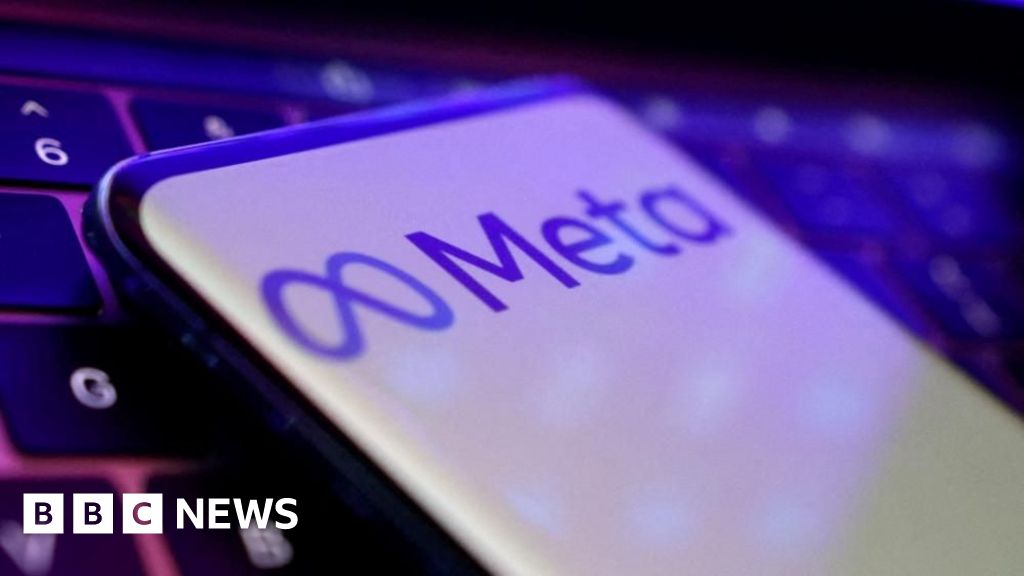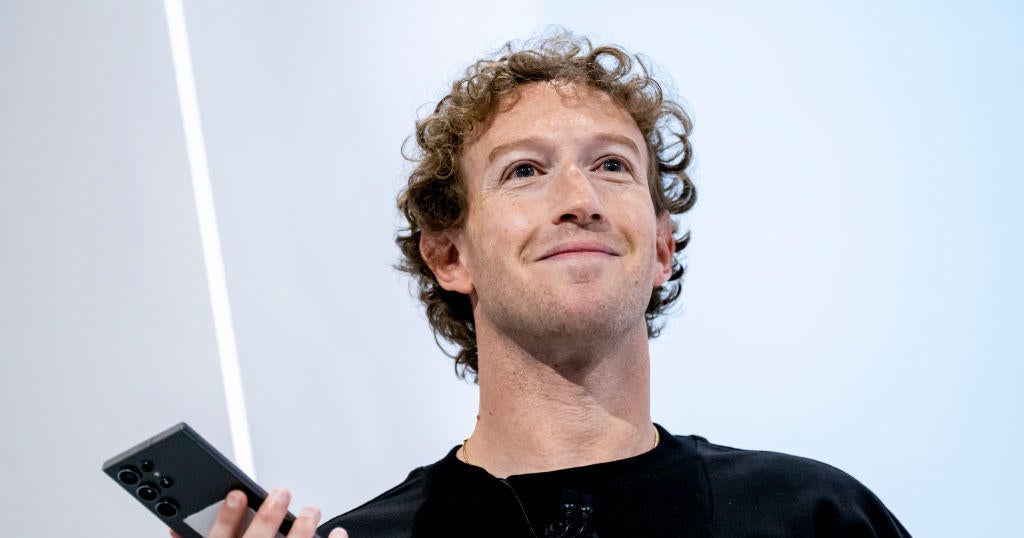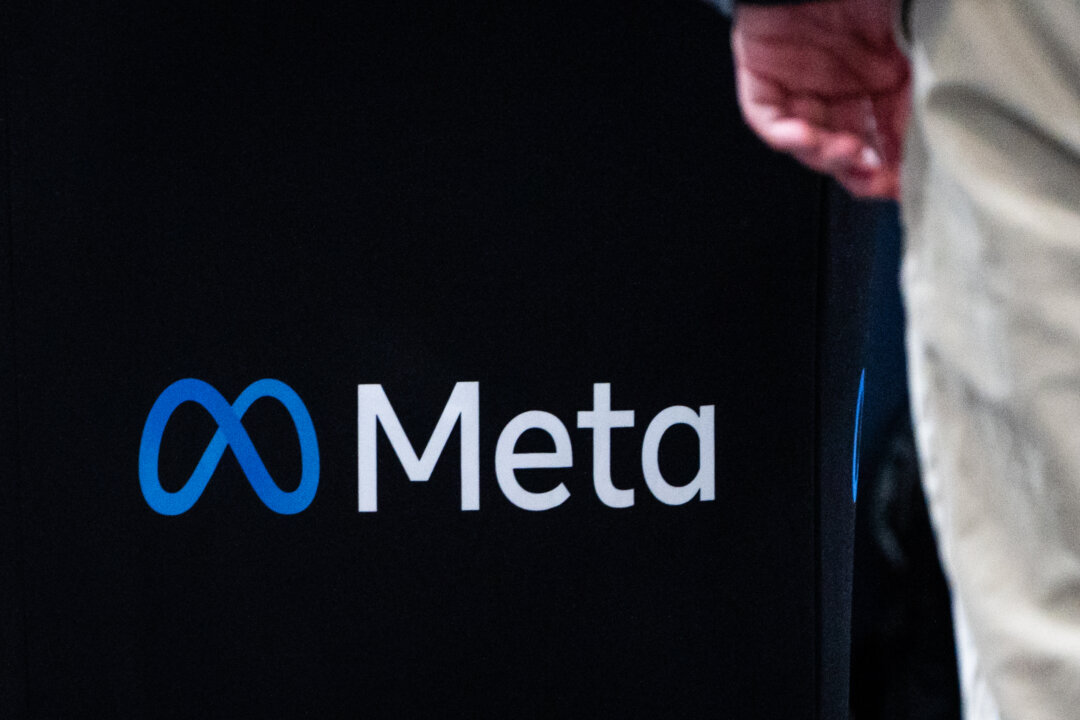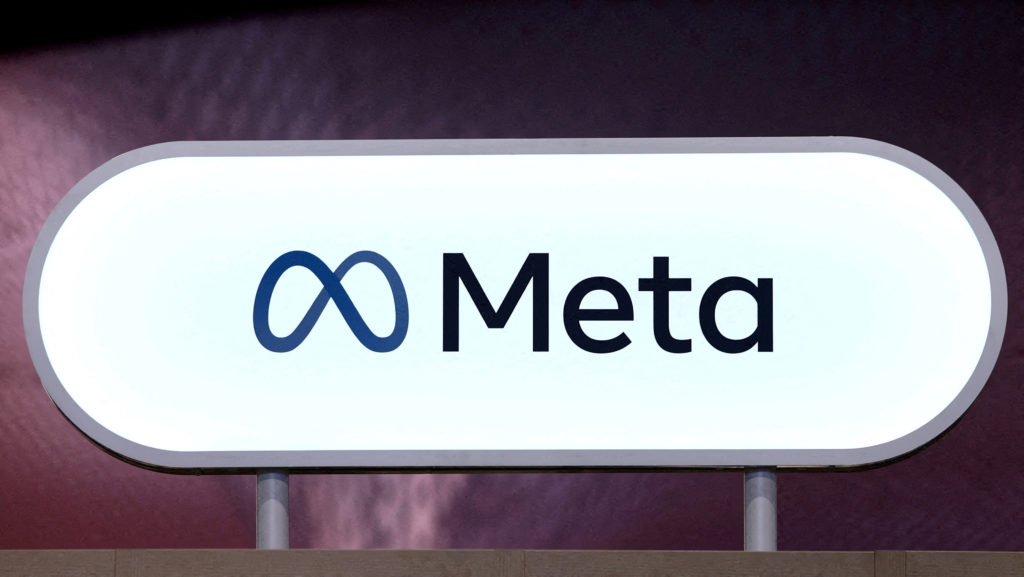Meta Wins Landmark FTC Antitrust Case, Judge Rules Company Not a Monopoly
A federal judge ruled Meta Platforms is not a social media monopoly, allowing it to retain Instagram and WhatsApp, a blow to the FTC's antitrust efforts.
Overview
- A federal judge ruled that Meta Platforms does not hold a monopoly in the social networking market, dismissing the FTC's claims in a significant antitrust case.
- United States District Judge James Boasberg's decision allows Meta to retain its acquisitions of WhatsApp and Instagram, which the FTC had sought to force the company to divest.
- The court found that the FTC failed to prove Meta's current monopoly power, despite arguments that the company maintained its position through anticompetitive acquisitions.
- Judge Boasberg noted the significant evolution of the social media landscape since the FTC initiated its lawsuit in 2020, emphasizing fierce competition in the industry.
- This ruling, a blow to antitrust efforts begun under President Donald Trump's Justice Department, has left the FTC displeased and exploring all available options.
Report issue

Read both sides in 5 minutes each day
Analysis
Center-leaning sources cover this story neutrally, presenting a balanced account of the court's decision on Meta's antitrust case. They report the ruling's facts, including the judge's reasoning and reactions from Meta and the FTC. Diverse expert opinions are incorporated, offering a comprehensive, even-handed perspective on the legal implications and broader antitrust landscape.
Articles (15)
Center (8)
FAQ
The FTC sued Meta, alleging that the company illegally maintained a monopoly in the personal social networking market through anticompetitive acquisitions of Instagram and WhatsApp, as well as restrictive practices toward developers. The FTC sought to force Meta to divest Instagram and WhatsApp to restore competition.
Judge James Boasberg ruled that the FTC failed to prove Meta currently holds monopoly power in the social networking market, noting the significant evolution and competition in the industry since the lawsuit began in 2020.
As a result of the ruling, Meta is allowed to retain ownership of Instagram and WhatsApp, and the FTC's attempt to force divestiture of these platforms has been rejected.
The judge noted that the social media landscape evolved significantly since the FTC filed its lawsuit in 2020, with new competitors and platforms emerging, making the market more competitive.
The FTC has expressed disappointment with the ruling and is exploring all available legal options, which may include appealing the decision.
History
- 18h

 7 articles
7 articles
